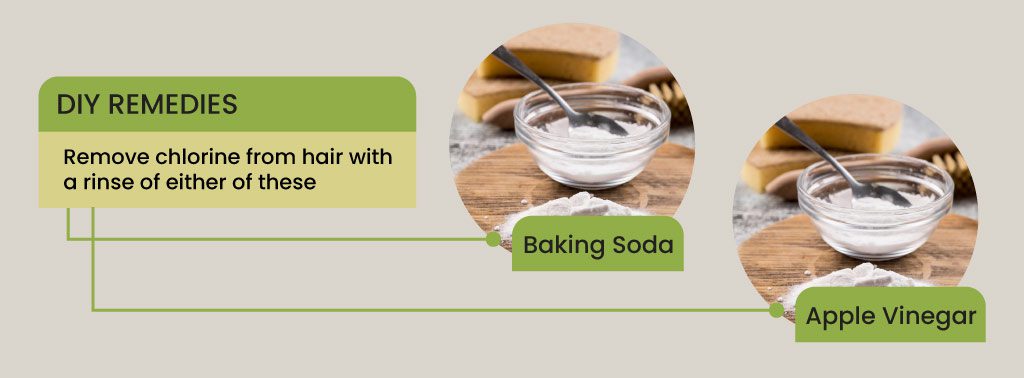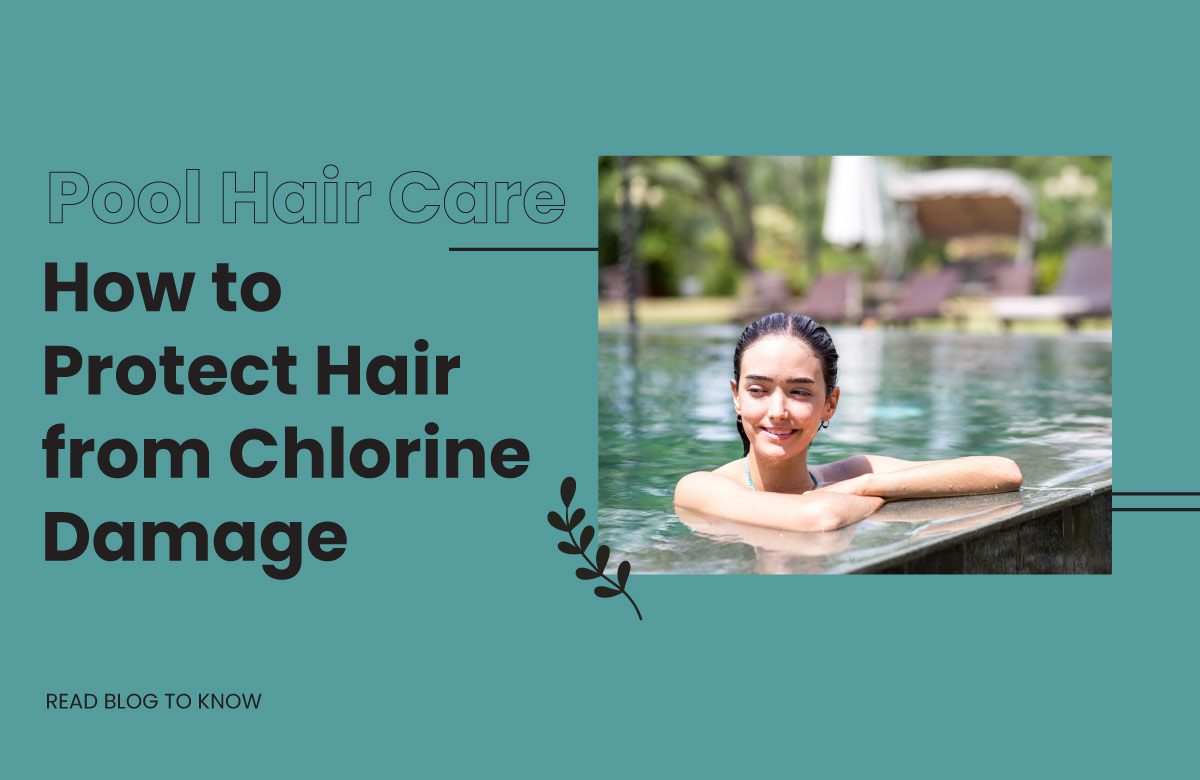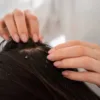It’s officially summer.
Now is the time for pool parties, beach days, and soaking up the sun with your favorite people. Whether you’re planning a pool day with your family or a chill pool hangout with friends, there’s one little thing that might be messing with your plan that is chlorine.
While you’re making waves in the pool, chlorine is doing its own thing, stripping your hair of its natural oils. But don’t worry, we’ve got your back.
Today, let’s dive into the best ways to protect your hair from chlorine, so you can swim carefree and keep your hair looking fabulous all summer long!
Introduction
When you first dip into the pool, the cool water on your skin is so refreshing. You want to go to the pool again and again. But regular swimming, especially in chlorinated pools, can seriously affect your hair.
Because pool water is filled with chlorine that strips the natural oils from your hair, leaving it dry & brittle.
If you have colour-treated hair, you may notice it is fading much faster, while regular swimmers often struggle with dull, lifeless hair.
One natural way to fight chlorine’s effects is henna. This ancient hair care remedy strengthens the hair and forms a protective barrier that shields the hair from further chlorine damage. You can use henna-based hair colors like Caaru to strengthen your hair and also give your hair a new hair color.
How Chlorine Damages Hair
Chlorine is a powerful disinfectant commonly used in swimming pools to kill bacteria and other harmful microorganisms. However, it keeps the water clean and damages your natural hair in between.
Pre-Swim Hair Protection Tips
If you are tired of searching for ways to prevent chlorine hair damage, here are the tips to remember.
Wet hair before swimming
To reduce chlorine absorption, use fresh water to wet your hair before entering the pool.
Apply natural oils
No chemical products can beat the conditioning of natural oils like coconut and argan oils, which provide moisture and act as a barrier to your hair. So apply oil before jumping into the pool.
Use a swim cap
This is a must; wearing a swim cap is very important. It helps your hair to have a barrier and helps chlorine damage to your hair.
Leave-in conditioner spray
If you want to ensure swimming hair protection, use a leave-in conditioner spray as a double protection.
Post-Swim Hair Care Routine
You took that plunge into the pool. Now it is time for a post-swim hair care routine. These tips will help you answer how to prevent chlorine hair damage in a detailed way:
Rinse immediately
As soon as you get out of the pool, wash your hair in cold water to remove chlorine from your hair.
Use a chlorine-removal shampoo
When washing your hair with a chlorine-removal shampoo, it helps remove all unwanted chlorine from it.
Deep conditioning treatment
If you love swimming and want to take care of your hair. Use deep conditioning treatment to soften your hair.
DIY remedies
If you do not believe in chemical treatment, use DIY remedies like baking soda rinse or apple vinegar rinse to help remove chlorine from your hair.

Best Products for Chlorine-Damaged Hair
Clarifying shampoos
A good clarifying shampoo helps remove chlorine while restoring moisture. Here are some top picks:
- Naturali Pollution Defence Detox Shampoo with Charcoal and Avocado
- Castor Blackseed Navdha Shampoo & Nutri-Conditioner
- Neutrogena Anti-Residue Clarifying Shampoo
Repairing conditioners
Damaged hair needs extra love and the right conditioner can make all the difference. Here are few top repairing conditioners:
- Matrix Opti.Repair Professional Liquid Protein Conditioner for Damaged Hair
- BBLUNT Bond Repair Conditioner – 250 g
- Love Beauty & Planet Onion Oil|| Blackseed Oil & Patchouli Hair Fall Control Conditioner
Protective hair serums
Hair serums are your shield against daily damage and help in fighting breakage and protect your hair from UV rays. Here are few of the go-to UV protection hair serums:
- BBLUNT Intense Moisture Hair Serum
- Livon Serum (Classic)
- Kerastase Elixir Ultime L’Huile Original Hair Oil
Long-Term Hair Protection for Swimmers
If you are someone who is swimming for a long time, here are long term hair protection tips on how to protect hair from chlorine and it’s damage:
Trim split ends regularly
If you are a person who loves swimming then the best way to control damage is to regular trimming of your hair.
Limit heat styling
Heat is the worst enemy of hair so limit heat styling.
Stay hydrated & eat hair-healthy foods
Your food determines a lot of things and the way your hair shines so make sure that you stay hydrated and eat healthy food for your hair and have food that has biotin and omega 3 in them.
FAQs
Does chlorine turn hair green?
No! Chlorine doesn’t turn your hair green. The green tint that a lot of swimmers notice, especially those with blonde or light-colored hair, is actually caused by copper and other metals that are present in the pool water that changes the color of the hair shaft, not chlorine.
How often should swimmers wash their hair?
If you are going for a swim daily, wash your hair daily. Use a mild, sulfate-free or swimmer-friendly shampoo to keep your hair healthy and hydrated.
Can chlorine cause permanent hair damage?
Yes, it can cause permanent damage if you don’t care for your hair properly. So, the key is to maintain your hair.
Conclusion
Let’s recap the essentials
If you love spending time in the pool, make sure your hair loves it too! Taking care of your hair doesn’t have to be this complicated, trust us, you just have to make a routine that you can do and take care of it.
Here is a check-list:
- Rinse your hair after every swim.
- Use the right products (look for swimmer-friendly shampoos and deep conditioners).
- Natural remedies like henna can help strengthen and nourish your hair while adding a healthy colorful tint. (You can check out Caaru, it is a henna-based hair color)
Now it’s your time to shine!
Are you a swimmer with a tried-and-tested haircare hack or favorite product? We’d love to hear it! Drop your tips and recommendations and tell us what has worked for you.



















Add comment
You must be logged in to post a comment.